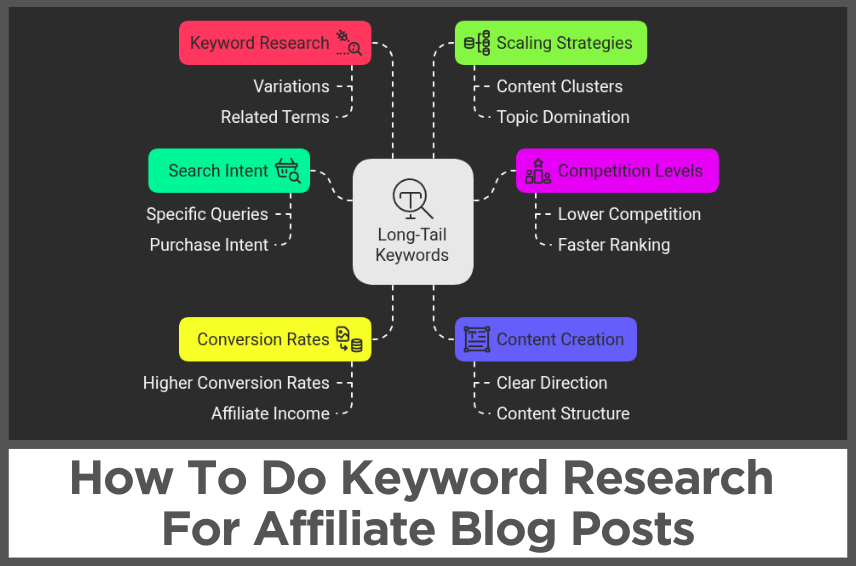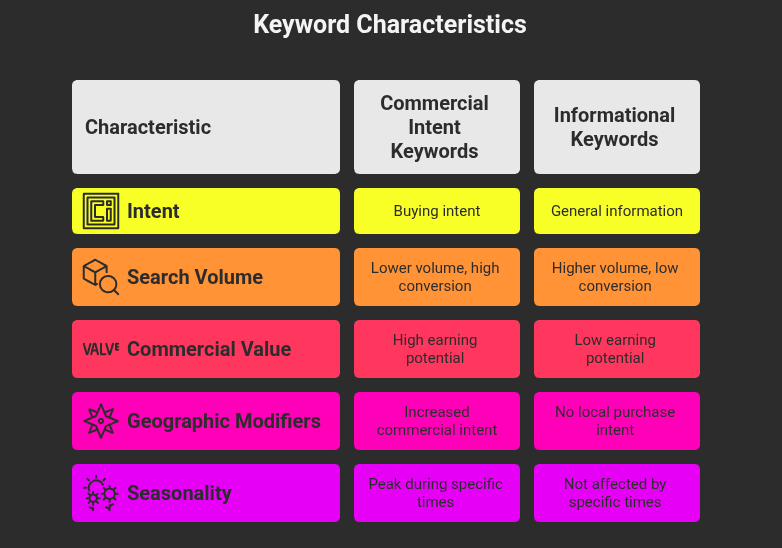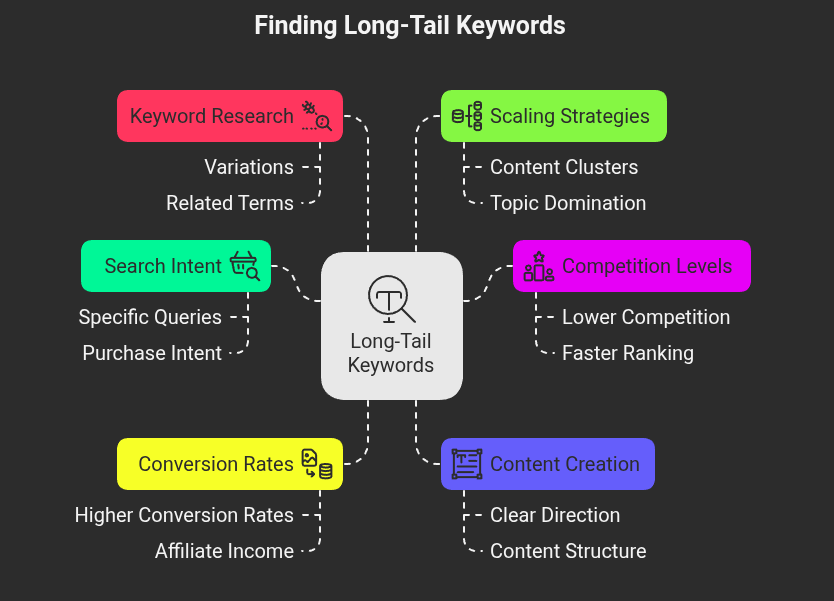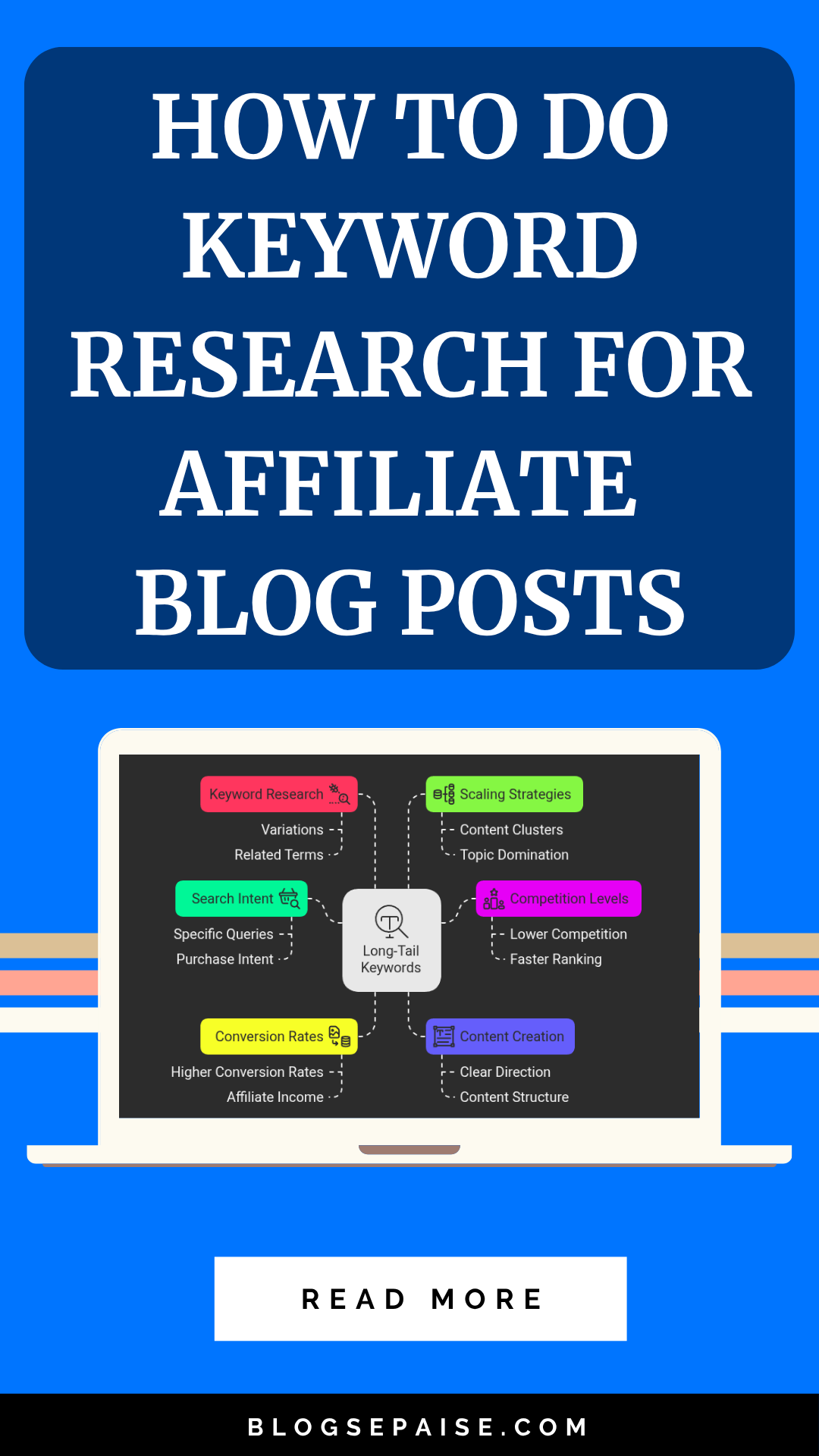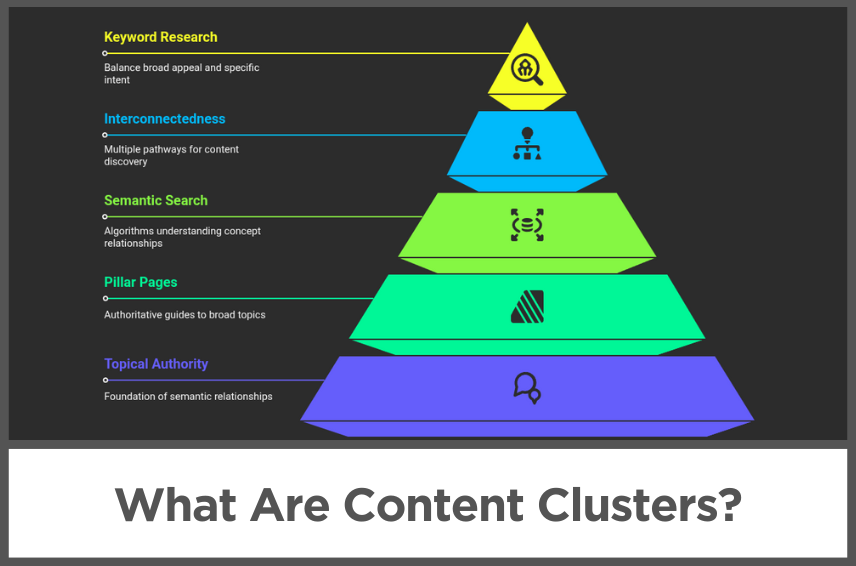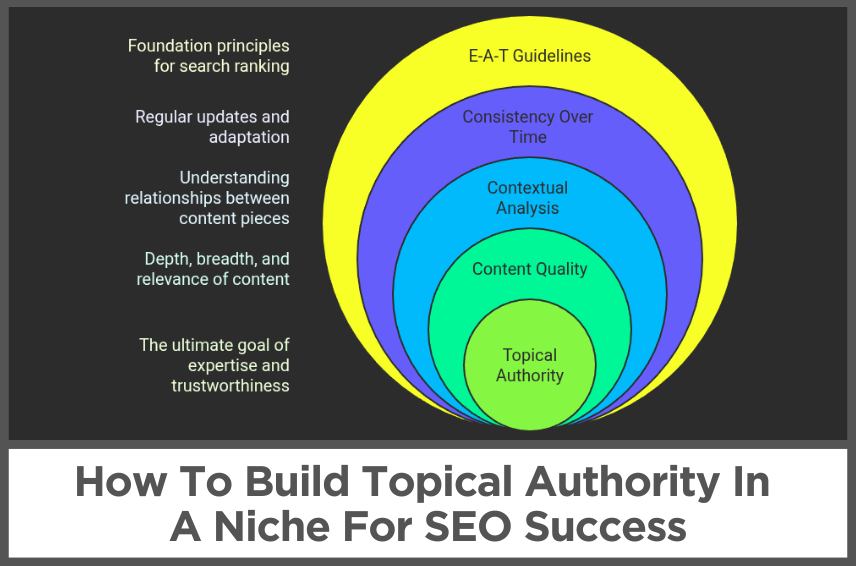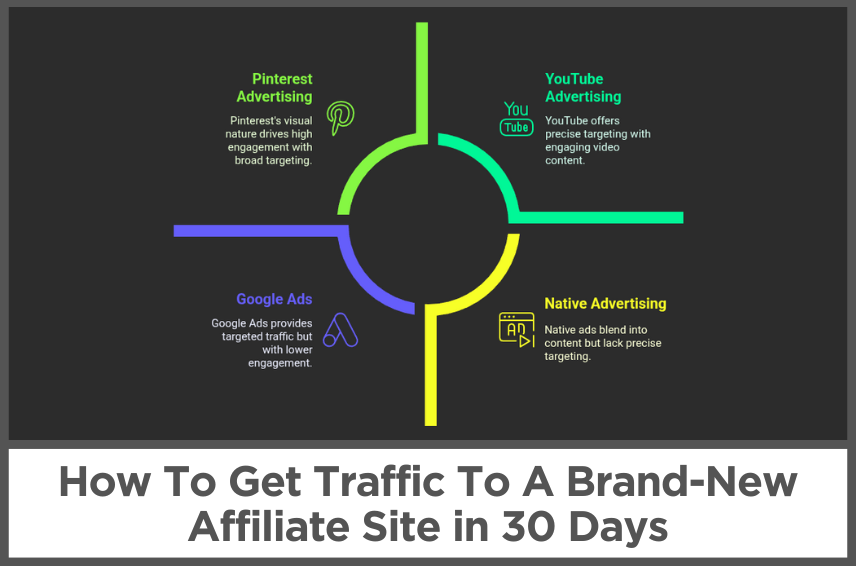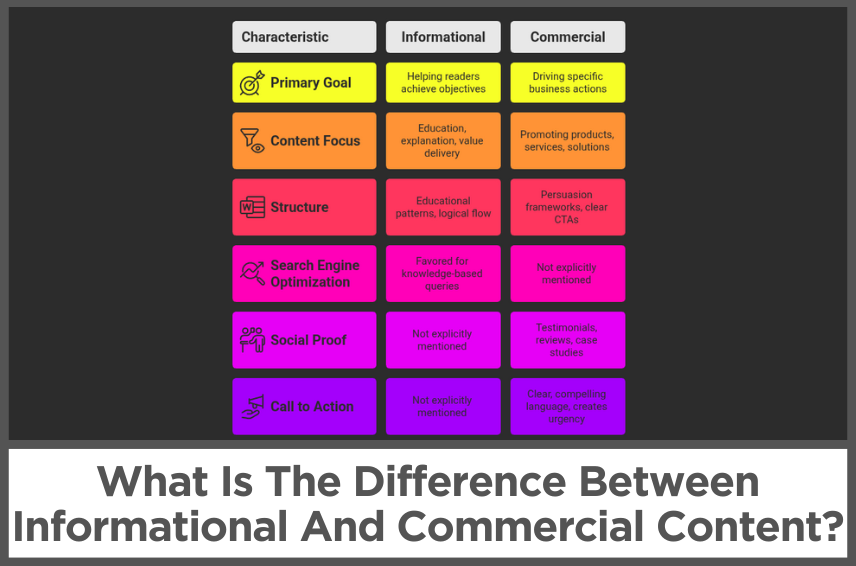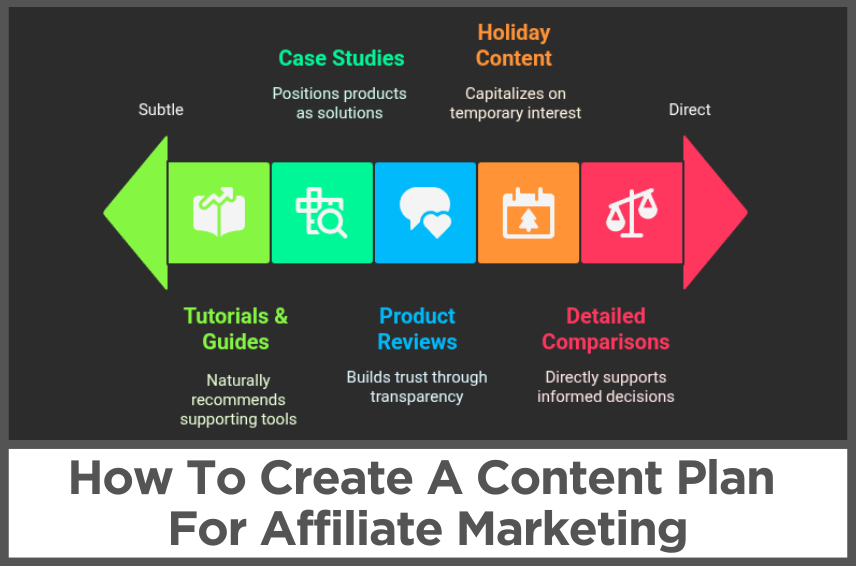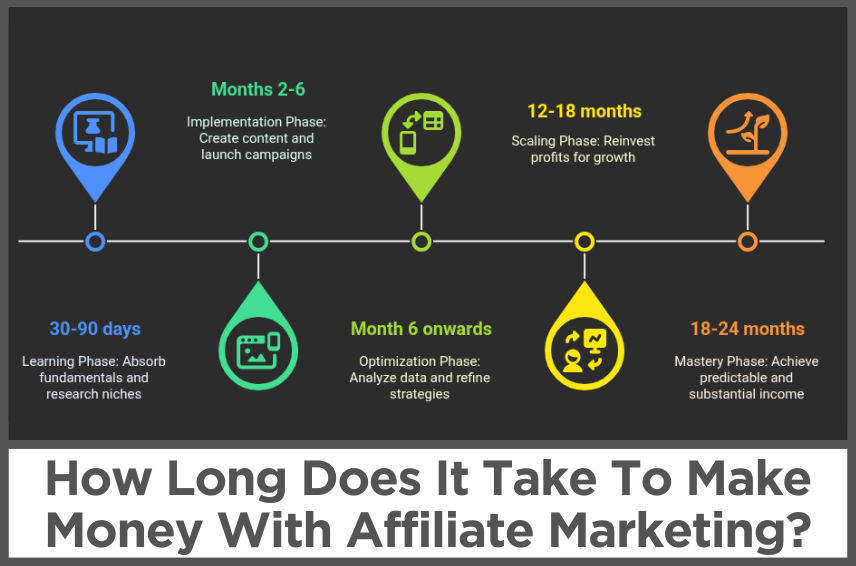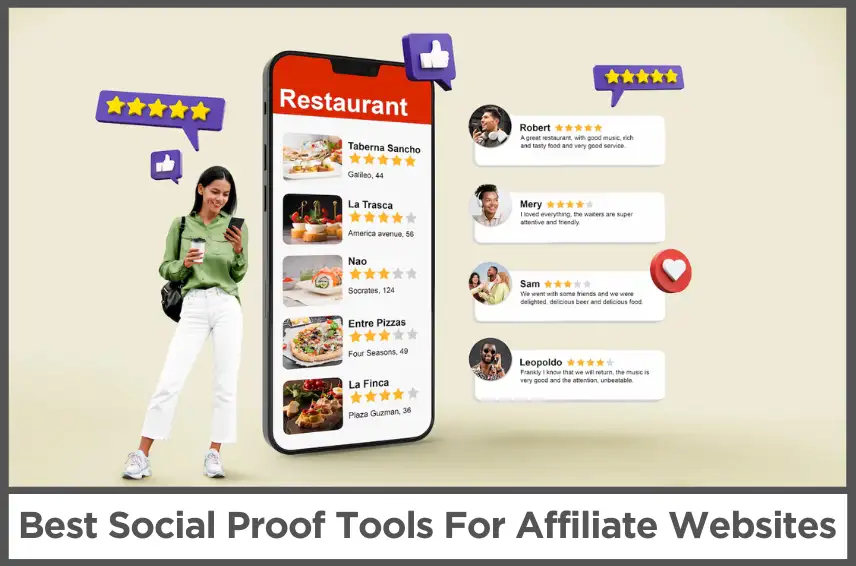How To Do Keyword Research For Affiliate Blog Posts
by Abhigyan
Keyword research forms the foundation of every successful affiliate blog.
Finding the right keywords can mean the difference between earning thousands of dollars per month and struggling to make your first commission.
The secret lies in discovering terms that people actively search for while having genuine purchase intent.
Most affiliate marketers make the mistake of targeting keywords that sound profitable but lack real commercial value.
They chase high-volume terms that attract browsers instead of buyers, or they select keywords so competitive that ranking becomes nearly impossible.
Smart keyword research solves both problems by identifying opportunities where demand meets achievability.
The best affiliate bloggers treat keyword research like detective work.
They dig deep into their audience’s language, explore related topics, and uncover hidden gems that competitors miss.
This systematic approach reveals keyword opportunities that can generate consistent organic traffic and affiliate commissions for years.
Effective keyword research goes beyond simple search volume numbers.
You need to understand search intent, evaluate competition levels, assess commercial potential, and align keywords with your content strategy.
Master this process, and you’ll have a reliable system for growing your affiliate blog systematically.
Disclosure: Some of the links I share might be affiliate links. If you click on one and make a purchase, I may earn a small commission as a thank you. But don’t worry, it won’t cost you anything extra. I only recommend stuff I genuinely believe in. Your support helps me keep creating awesome content. You can read my full affiliate disclosure in my disclaimer page.
IN THIS POST :
TogglePrefer Video?
The Science Behind Profitable Affiliate Keywords
Profitable affiliate keywords share specific characteristics that separate them from general informational queries.
These keywords indicate commercial intent, meaning searchers are actively looking for products to purchase rather than just browsing for information.
Terms containing words like “best,” “review,” “buy,” “compare,” or “vs” typically signal buying intent.
Search volume matters, but context matters more.
A keyword with 1,000 monthly searches from motivated buyers can generate more affiliate income than a keyword with 10,000 searches from casual browsers.
Focus on finding keywords where people are actively researching products or solutions rather than just seeking general information.
Commercial value indicators help identify keywords with earning potential.
Product-specific terms, brand comparisons, pricing queries, and solution-oriented searches typically convert better than broad educational topics.
Someone searching for “best running shoes for flat feet” is much closer to making a purchase than someone searching for “what are running shoes.”
Geographic modifiers can increase commercial intent significantly. Terms like “near me,” city names, or regional qualifiers often indicate local purchase intent.
These keywords might have lower search volumes but higher conversion rates because they represent people ready to take action.
Seasonality affects keyword profitability dramatically. Some affiliate keywords peak during specific times of year, like fitness equipment in January or graduation gifts in May.
Timing your content around these patterns maximizes your earning potential from seasonal search trends.
Essential Keyword Research Tools That Actually Work
Google Keyword Planner remains the gold standard for affiliate keyword research.
The tool provides search volume data directly from Google, along with competition levels and suggested bid prices.
The suggested bids often indicate commercial value, as advertisers pay more for keywords that generate sales.
Ahrefs and SEMrush offers powerful features for affiliate marketers, including keyword difficulty scores, traffic potential estimates, and competitor analysis.
These tools excel at showing you which keywords your competitors rank for, revealing opportunities you might have missed.
The keyword explorer provides detailed SERP analysis that helps you understand what type of content ranks.
Since Ahrefs and SEMrush are expensive, you can check out premium affordable keyword research tools like Clicks and KWFinder.
These tools provide similar functionality with excellent competitor research capabilities at a fraction of the cost of Ahrefs and SEMrush.
You can analyze any website to see their top-performing keywords, discover content gaps, and identify low-competition opportunities.
These tools also provides keyword grouping features that help organize your research.
Ubersuggest also delivers solid keyword data at a lower price point than Ahrefs.
The platform provides search volume, competition data, and content ideas in an easy-to-use interface.
The keyword suggestions often reveal long-tail opportunities that larger tools miss.
AnswerThePublic visualizes search queries in ways that reveal content opportunities.
The tool shows questions, prepositions, and comparisons that people search for around your seed keywords.
This approach often uncovers buyer-intent keywords that traditional tools miss.
Free alternatives like Google Search Console, Google Trends, and the autocomplete feature provide valuable insights without cost.
Search Console shows which keywords already drive traffic to your site, while Google Trends reveals seasonal patterns and rising search terms.
Finding Buyer Intent Keywords That Convert
Buyer intent keywords fall into several categories that indicate different stages of the purchase journey.
Product research keywords like “X review” or “X pros and cons” attract people evaluating specific options.
These searchers are actively considering purchases and represent excellent affiliate opportunities.
Comparison keywords such as “X vs Y” or “X alternatives” capture people choosing between specific options.
These terms typically convert well because searchers have already decided to buy something and just need help selecting the right product.
Creating detailed comparison content for these keywords often generates strong affiliate commissions.
Problem-solving keywords identify people seeking solutions to specific issues.
Terms like “how to fix X” or “best X for Y problem” attract motivated prospects who need products or services.
These keywords work particularly well for affiliate content that positions products as solutions.
Commercial modifiers transform informational keywords into buyer-intent terms.
Adding words like “buy,” “price,” “cost,” “deal,” or “discount” to base keywords often reveals purchase-oriented variations.
Someone searching for “laptop” might be browsing, but someone searching for “best laptop deals” is ready to buy.
Local intent keywords combine product interest with geographic modifiers. Terms including “near me,” city names, or regional qualifiers often indicate immediate purchase intent.
These keywords typically have lower competition while maintaining strong commercial value.
Brand-specific keywords capture people researching particular products or companies.
These terms often convert extremely well because searchers have already developed interest in specific brands.
Creating content around brand keywords can capture high-intent traffic from motivated prospects.
Analyzing Keyword Competition And Difficulty
Keyword difficulty scores provide rough estimates of ranking challenges, but manual SERP analysis reveals the real competition landscape.
Look at the top 10 results for your target keywords to understand what type of content currently ranks.
Strong affiliate sites, major brands, and high-authority publications indicate tougher competition.
Domain authority of ranking sites helps gauge competition strength.
If the first page consists entirely of sites with domain authority scores above 70, ranking will be extremely challenging for newer sites.
Look for keywords where at least some lower-authority sites appear in top positions.
Content quality on the first page reveals opportunities for better content.
Sometimes high-authority sites rank with mediocre content simply because of their domain strength.
Creating superior content that better addresses search intent can help you compete against stronger domains.
Search intent alignment affects your ability to rank regardless of domain authority.
Google prioritizes content that best matches what searchers actually want.
If current results poorly match search intent, you can succeed by creating more relevant content even against stronger competition.
Link profiles of ranking pages show the backlink requirements for competition.
Pages with hundreds of referring domains will be difficult to outrank without significant link building.
Look for keywords where ranking pages have more achievable link profiles.
Content freshness requirements vary by keyword topic. Some subjects require constantly updated information, while others remain evergreen.
Trending topics might be easier to rank for initially but require ongoing updates to maintain positions.
Target Long-Tail Keywords For Quick Wins
Long-tail keywords typically contain four or more words and represent specific search queries.
These terms usually have lower search volumes but higher conversion rates because they capture more specific intent.
Someone searching for “best waterproof hiking boots for women with wide feet” has very clear purchase intent.
Competition levels for long-tail keywords are generally lower than head terms.
Fewer websites target these specific phrases, creating opportunities for newer sites to rank quickly.
You can often achieve first-page rankings for long-tail terms within weeks rather than months.
Conversion rates on long-tail keywords typically exceed those of broader terms. The specificity of these searches means visitors are looking for exactly what you’re offering.
A well-targeted long-tail keyword can generate more affiliate income than a high-volume head term that attracts casual browsers.
Content creation becomes easier with long-tail keywords because they provide clear direction for your articles.
The keywords themselves often suggest content structure, subheadings, and key points to address.
This specificity helps you create more focused, valuable content that satisfies search intent.
Long-tail keyword research requires exploring variations and related terms around your main topics.
Use tools to find questions, modifiers, and specific product terms that people search for.
The goal is building comprehensive keyword lists that cover every angle of your target topics.
Scaling long-tail strategies involves creating content clusters around related terms.
Instead of targeting single keywords, develop content hubs that address multiple related long-tail searches.
This approach helps you dominate entire topic areas rather than competing for individual terms.
Seasonal And Trending Keywords For Timely Content
Seasonal keywords provide predictable traffic spikes during specific times of year.
Holiday shopping terms, back-to-school keywords, summer activity searches, and other time-sensitive queries create opportunities for affiliate content.
Planning content around these patterns can generate significant traffic bursts.
Google Trends reveals seasonal patterns for any keyword, showing when search volumes peak throughout the year.
This data helps you time your content publication to coincide with maximum search interest.
Publishing holiday gift guides in early November captures more traffic than waiting until December.
Trending keywords represent emerging opportunities that competitors haven’t discovered yet.
New products, viral topics, breaking news, and cultural phenomena create keyword opportunities with low competition and high interest.
Acting quickly on trends can generate substantial traffic before competition increases.
Product launch cycles create temporary keyword opportunities around new releases.
Tech products, software updates, book releases, and other launches generate search interest that you can capture with timely content.
Monitoring industry news helps identify these opportunities early.
Event-driven keywords appear around conferences, holidays, sports seasons, and other recurring events.
These terms often have predictable patterns that allow advance planning. Creating evergreen content optimized for these keywords can generate traffic year after year.
Trend monitoring tools like Google Trends, BuzzSumo, and social media platforms help identify emerging opportunities.
Set up alerts for keywords in your niche to discover trends as they develop. Early content creation around trending topics often achieves better rankings and more traffic.
Building Keyword Strategy + Content Calendar
Keyword mapping involves assigning specific keywords to individual pieces of content.
Each article should target one primary keyword along with several related secondary terms.
This focused approach helps you create more relevant content while avoiding keyword cannibalization between posts.
Content clusters group related keywords into comprehensive topic areas. Instead of creating isolated articles, develop content hubs that address entire subject areas.
This strategy helps establish topical authority while providing more value to visitors who can find everything they need in one place.
Publishing schedules should align with keyword seasonality and competition levels. Plan time-sensitive content well in advance to capture seasonal traffic peaks.
For competitive keywords, allow extra time for the SEO process to work before expecting significant traffic.
Keyword difficulty progression involves starting with easier terms and gradually targeting more competitive keywords as your site gains authority.
New sites should focus on long-tail and low-competition keywords initially, then expand to broader terms as domain authority increases.
Content calendar organization helps maintain consistent publishing while covering all target keywords systematically.
Plan content months in advance, considering seasonal factors, product launches, and industry events.
Using tools like MeetEdgar or Hootsuite ensures comprehensive topic coverage while maintaining publishing momentum.
Performance tracking using tools such as MarketMuse and Surfer SEO involves monitoring rankings, traffic, and conversions for all target keywords.
Regular analysis helps identify successful strategies and areas needing improvement.
Use this data to refine your keyword targeting and content creation processes continuously.
Advanced Keyword Research Techniques
Competitor content gaps represent untapped keyword opportunities in your niche. Analyze successful affiliate sites to identify topics they haven’t covered thoroughly.
These gaps often represent profitable keywords that established sites have overlooked, creating opportunities for newer blogs.
Search Console data reveals hidden keyword opportunities already driving traffic to your site. Many sites rank for hundreds of keywords they never intentionally targeted.
Identifying these accidental rankings can reveal new content opportunities and optimization possibilities.
Question-based keywords capture people seeking specific information or solutions.
Tools like AnswerThePublic and Reddit provide insights into questions people ask about your topics.
Creating content that directly answers these questions often achieves strong rankings and high engagement.
Related search analysis involves exploring the keywords and topics that Google associates with your target terms.
The “People also ask” section and related searches at the bottom of search results reveal additional keyword opportunities that share search intent with your primary targets.
User-generated content platforms like forums, social media, and Q&A sites provide keyword inspiration directly from your target audience.
The language people use in these spaces often reveals keyword opportunities that tools miss. Real user conversations contain the exact phrases people search for.
Local keyword variations can expand your reach even for national affiliate programs.
Adding geographic modifiers to product keywords often reveals less competitive opportunities.
Someone searching for “best pizza oven Portland” might be just as valuable as someone searching for the general term.
Final Thoughts On Keyword Research
Mastering keyword research for affiliate blog posts transforms your content strategy from guesswork into a systematic profit-generating machine.
The techniques and strategies covered in this guide provide a framework for discovering keywords that attract motivated buyers rather than casual browsers.
Success in affiliate keyword research requires patience and consistent effort.
Your first attempts might not uncover immediate goldmines, but developing research skills pays dividends over time.
Each keyword discovery improves your understanding of your audience and reveals new content opportunities.
Remember that keyword research is an ongoing process rather than a one-time activity.
Search patterns evolve, new products launch, and competition changes constantly.
Regular keyword research sessions help you stay ahead of these changes while discovering fresh opportunities.
The most successful affiliate bloggers combine keyword research with genuine expertise and helpful content.
Keywords attract visitors, but quality content converts them into customers.
Focus on creating valuable resources that solve real problems while targeting profitable search terms.
Start implementing these keyword research strategies immediately rather than waiting for perfect conditions.
Begin with free tools and basic techniques, then expand your toolkit as you gain experience and generate income.
Every successful affiliate blogger started with their first keyword research session.
Your commitment to thorough keyword research will separate you from competitors who rely on gut feelings and guesswork.
Systematic keyword discovery provides the foundation for consistent organic traffic growth and sustainable affiliate income that compounds over time.
If you find this article helpful, kindly share it with your friends. You may also Pin the above image on your Pinterest account. Thanks!
Abhigyan Mahanta
Hi! I’m Abhigyan, a remote web developer and an affiliate blogger. I create beginner-friendly guides to help new affiliates get started and grow in affiliate marketing. I also share information on remote companies and interview preparation tips.

